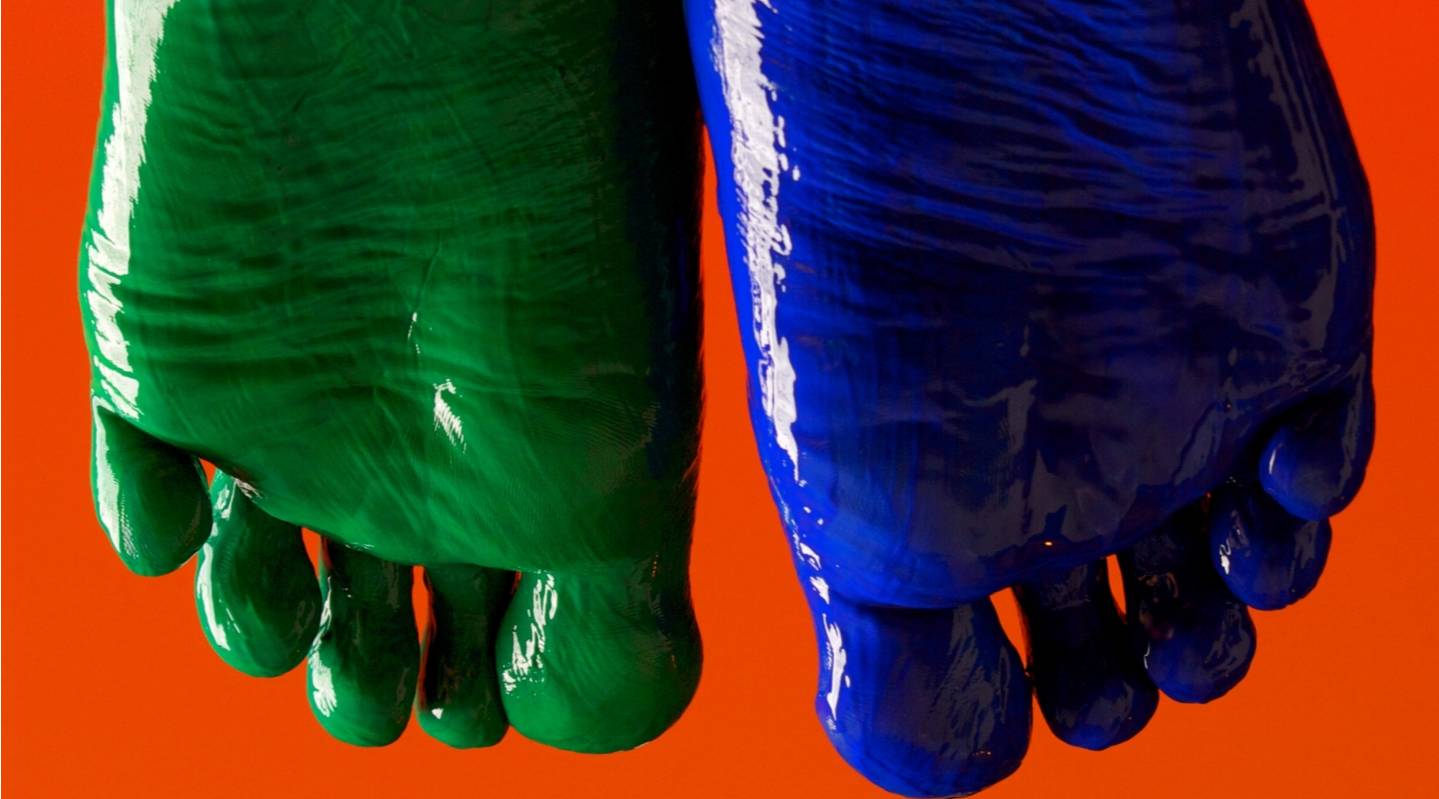
Explore
An overlooked tragedy
We are honoured to have anthropologist, sociologist and physician, Didier Fassin launch our first editorial; for this section, Prison Insider seeks to entrust authorities whose expertise is bound to enlighten us.
Even if they were the result of an unfortunate coincidence, the six deaths that occurred in one month[^mort] in the Fleury-Mérogis detention centre, four of which were suicides, should give us cause to stop and examine the punitive system in France. [^mort]: On 25 April 2018, another person committed suicide in this prison.
After Slovenia, our country has the highest rate of prison suicide in Europe: 50% higher than Germany and England, twice the rate of Italy and Portugal, and triple that of Spain and Sweden. Moreover, this rate has been increasing for more than half a century: it was ten times lower after the Second World War and remained unchanged until the late 1990s then it began to increase. Every year, some one hundred detainees die by suicide. When I pointed this out to the director of a prison, he replied that contrary to what people think, the rate of suicide in prison is not higher than that of the outside world. He is wrong. The suicide rate in prisons is seven times higher than that of the overall male population.
How can this be? There are numerous causes, but they can be examined by asking two questions: who is being punished? How are they being punished? The first one is a penal policy question; the second a prison policy one.
First, it is important to note that the increased suicide rate has kept up with (though clearly at a faster pace) a rising incarceration rate that does not necessarily reflect an increase in crime. It means that more people are being incarcerated for minor infractions, such as driving with a suspended license, which results in the detention of people for whom the shock of incarceration is the strongest. This can be seen in psychologically vulnerable individuals and those with psychiatric problems. More than a third of prisoners suffer from mental health conditions, and one in three have severe manifestations of these illnesses. It is also worth mentioning that there are twice as many suicides among pretrial detainees, as opposed to convicted prisoners. Those in pretrial detention, who are presumed innocent, represent more than a quarter of the prison population.
Furthermore, living conditions in prison cause frustration and suffering which can lead to severe anxiety ─especially after an altercation with a guard, a denied leave or even serious physical pain that is not being treated─. In the last ten years, preventative measures have been instituted. These measures consist of assessing suicidal risk factors during admission and throughout their incarceration, and continued monitoring of the inmate that consists of regular visits, even at night, that in the end lead to increased incidences of insomnia and anxiety. However, the situations that lead prisoners to commit suicide attempts (related to deprivations and injustices) are not taken into account, starting with the most obvious source: being transferred to solitary confinement, where the risk of suicide increases fifteen-fold compared to being in an ordinary cell. Solitary confinement is the most frequently applied punitive measure by disciplinary commissions
**The number of prison deaths, nearly half of which are a result of suicide, is a tragedy that is ignored by the public as well as by the authorities. It should, however, spur us on to question not only why we incarcerate, but also how it is practised. **
Not long after I concluded my research on detention centres I learned about a young man (with a mental health condition) who had committed a minor offence and had received a short sentence. During his detention, he had an altercation with a fellow prisoner. He was transferred to a solitary cell, wherein an act of desperation, he set fire to the cell. He died at a hospital several weeks later after receiving third-degree burns to most of his body. This absurd act highlights the disparity between the offence that was committed and the fatal result; the judge had ordered his release just before his death.
Translated by Marg Mac Millan
Edited by Anna Sampietro

Didier Fassin
Anthropologist, sociologist and physician
Didier Fassin is a professor at the Institute for Advanced Study in Princeton and at the École dehautes études en sciences sociales in Paris. After conducting research in health and humanitarianism in Sub-Saharan Africa and Latin America, he studied the police, justice and prisons in France, the results of which are published in his recent Seuil publications:
- La Force de l’ordre. Une anthropologie de la police des quartiers;
- Juger, réprimer, accompagner. Essai sur la morale des institutions;
- L’Ombre du monde. Une anthropologie de la condition carcérale;
- Punir. Une passion contemporaine.
He received the gold medal for anthropology from the Royal Academy of Sciences of Sweden and the Nomis Distinguished Scientist International Award. He is president of the Committee for the Health of Exiles and a member of the Scientific Board of the Controller General of Places of Deprivation of Liberty.
